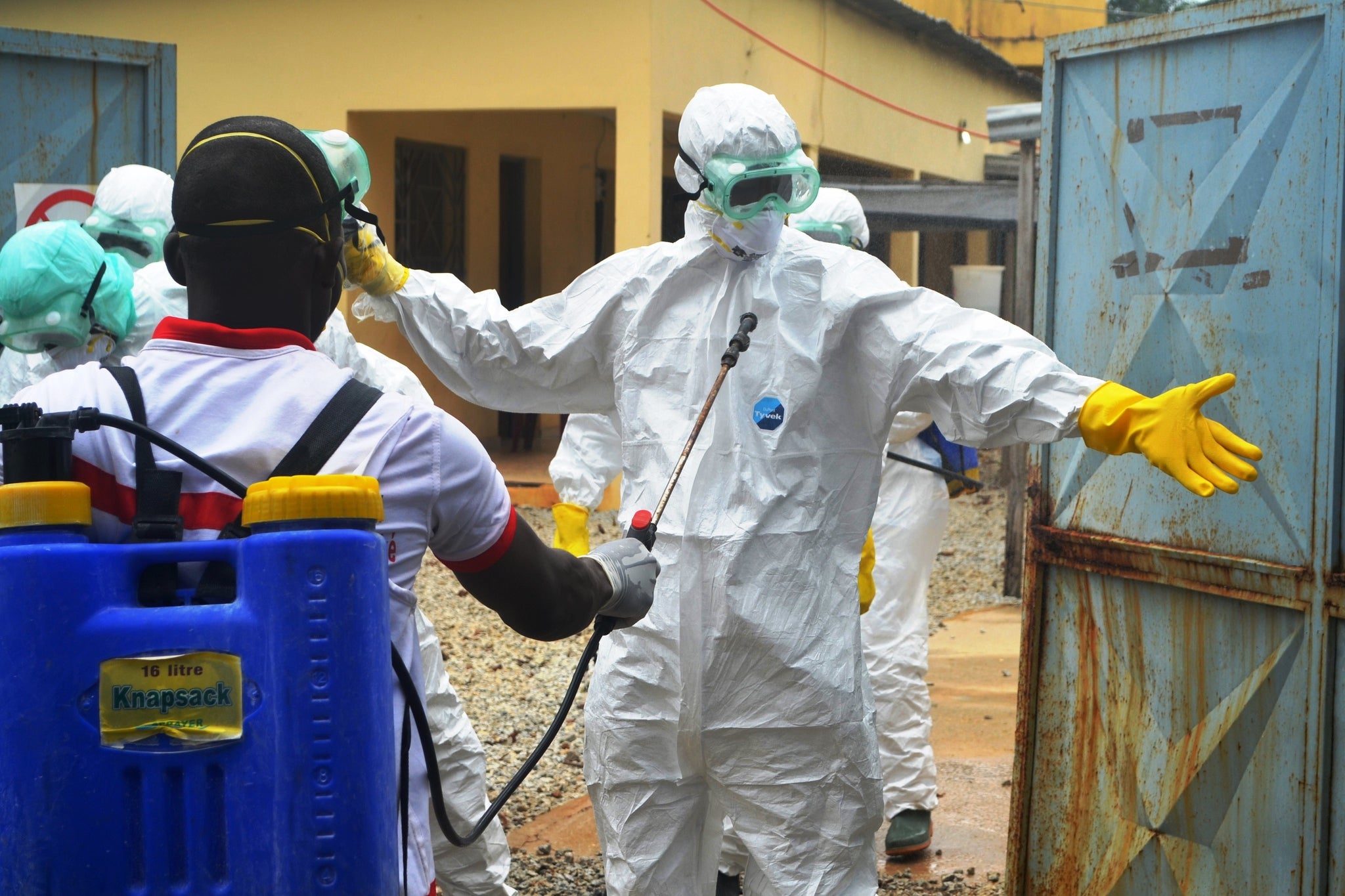Ebola survivors urged not to have unprotected sex indefinitely
A case of sexual transmission of Ebola in Sierra Leone suggests that the disease may survive in semen for almost twice as long as previously thought

Your support helps us to tell the story
From reproductive rights to climate change to Big Tech, The Independent is on the ground when the story is developing. Whether it's investigating the financials of Elon Musk's pro-Trump PAC or producing our latest documentary, 'The A Word', which shines a light on the American women fighting for reproductive rights, we know how important it is to parse out the facts from the messaging.
At such a critical moment in US history, we need reporters on the ground. Your donation allows us to keep sending journalists to speak to both sides of the story.
The Independent is trusted by Americans across the entire political spectrum. And unlike many other quality news outlets, we choose not to lock Americans out of our reporting and analysis with paywalls. We believe quality journalism should be available to everyone, paid for by those who can afford it.
Your support makes all the difference.Ebola survivors have been told not to have unprotected sex indefinitely.
The Centre for Disease Control and Prevention (CDC), a federal public health agency in the US has discovered that the disease can remain in semen for much longer than previously thought.
A 44-year old woman from Monrovia, the capital of Liberia, is believed to have become infected with the disease after having unprotected sex with a man on 7 March, who was cleared of the disease in early October 2014.
It was previously thought that the disease can remain viable in semen up to 101 days after the the onset of symptoms.
However, the case described in a CDC report entitled 'Possible Sexual Transmission of Ebola Virus' suggests that it can survive much longer, as the pair had sex 199 days after the man experienced the onset of the disease.

The report recommended that "contact with semen from male Ebola survivors be avoided until more information regarding the duration and infectiousness of viral shedding in bodily fluids is known."
The report added that it was not possible to definitely ascribe the woman's infection to sexual intercourse - but it said that due to the time frame, the lack of other possible ways of infection, and the matching genetic sequences of the two people, means that sexual transmission of the disease is possible.
Previously, the CDC and the World Health Organisation had recommended abstinence or condom use for at least three months following recovery from Ebola - but due to the recent discovery, they now recommend total avoidance of semen from male Ebola survivors until more is known.
Ebola transmission in West Africa has fallen in the last few months - Sierra Leone's President Ernest Bai Koroma said in April that authorities in the country would soon start laying off staff recruited to fight the disease, as the number of cases had fallen so dramatically.
However, the discovery that the disease can survive in survivors' semen for much longer than previously thought means that people must be made aware of the dangers of sexual transmission.
Concluding the report, the CDC said that sufficient supplies of condoms and efforts to promote their safe and consistent use should be provided in Ebola-affected countries.
Join our commenting forum
Join thought-provoking conversations, follow other Independent readers and see their replies
Comments